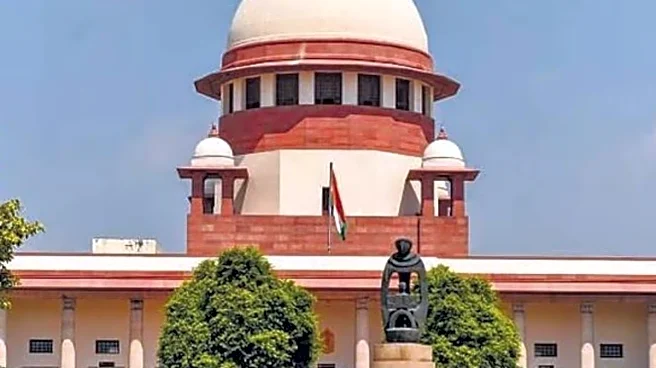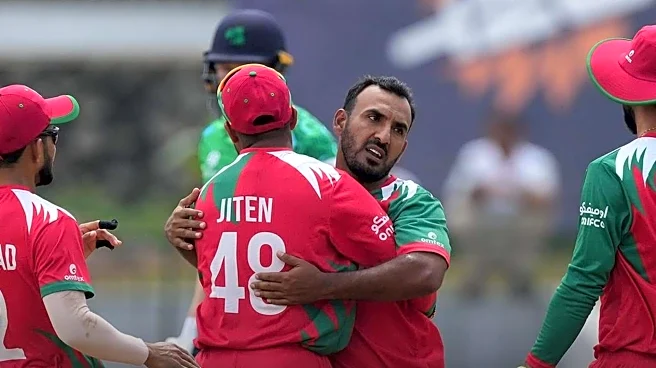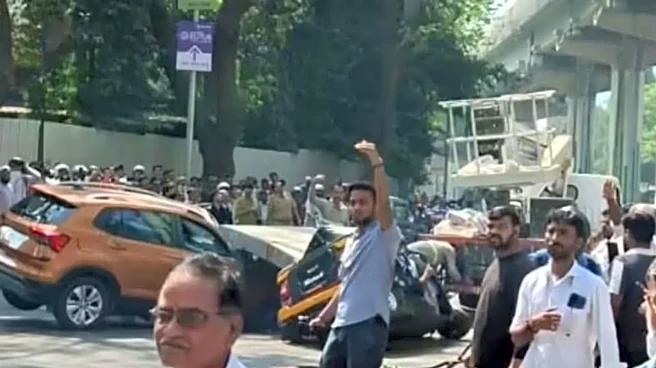In a significant judgment safeguarding the rights of international travellers, the Supreme Court of India quashed the arrest and subsequent criminal proceedings against an Italy-based Non-Resident Indian (NRI)
, Rocky Abraham, who had been detained at the Indira Gandhi International (IGI) Airport in January. The traveller was arrested for allegedly carrying a deer horn in violation of the Wildlife (Protection) Act, 1972.The incident began when airport officials, upon finding a horn in the NRI’s baggage as he was transiting from the International to the Domestic Terminal, promptly registered an FIR under various sections of the Act, leading to Abraham’s immediate arrest. The NRI, who was traveling to Kochi for a vacation and to undergo knee surgery,
was subsequently incarcerated in Tihar Jail for 14 days. He was eventually granted bail but under onerous conditions, including a prohibition on leaving the country, which jeopardised his employment abroad.
The turning point came with a forensic report from the Wildlife Institute of India, which conclusively established that the seized article was a reindeer horn (Rangifer tarandus), not a deer horn from a protected species. Critically, reindeer are not listed under any of the protected schedules of the Wildlife (Protection) Act, 1972, meaning the possession was not a legal offence.
Invoking its extraordinary powers under Articles 136 and 142 of the Constitution, a bench of Justices Vikram Nath and Sandeep Mehta declared the arrest and the FIR “unlawful” and “a gross abuse of the process of the court”. The SC delivered a stern caution to enforcement agencies: “This court feels an imminent need to require the jurisdictional agencies concerned, handling affairs at the international airports, to sensitise their officers in the prevailing laws before taking the drastic step of detention and arrest of an international traveller.”
The court emphasised that “such ill-advised actions tend to bring the reputation of the country to disrepute in the international fora, in addition to bringing the conduct of the concerned officers into breach of the human rights guarantees”. The Supreme Court also granted the petitioner the liberty to seek damages against the concerned authorities for the ordeal he suffered.



/images/ppid_a911dc6a-image-177105882330714950.webp)









/images/ppid_a911dc6a-image-177105956122469810.webp)

/images/ppid_a911dc6a-image-177105952513238219.webp)
/images/ppid_a911dc6a-image-177105952399574919.webp)